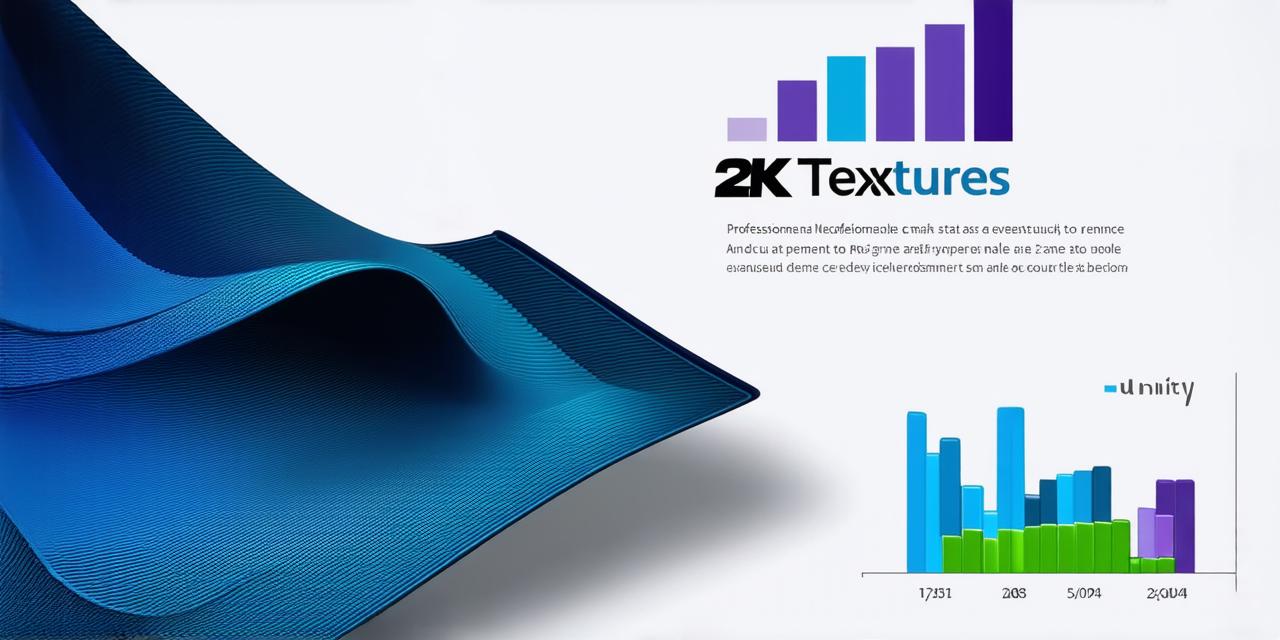The Unity asset store is a marketplace where developers can purchase assets such as textures, models, and scripts to enhance their games. The asset store has become an integral part of the Unity ecosystem, providing developers with access to high-quality assets that would otherwise be difficult to create themselves.
Asset Store Revenue Sharing
When a developer purchases an asset from the asset store, Unity takes a percentage of the revenue generated by that sale. The exact percentage is not publicly disclosed by Unity, but it is believed to be around 30%. This means that for every dollar spent on an asset, Unity would take 30 cents in revenue.
It’s important to note that this percentage applies only to the initial purchase of an asset. If a developer resells the asset or uses it in multiple projects, Unity does not take any additional revenue. Additionally, some assets may have different revenue sharing terms, so it’s always best to check the specific asset’s page on the asset store for details.
Benefits of Asset Store Revenue Sharing
The revenue sharing model used by Unity provides several benefits for both developers and the company itself. Firstly, it allows Unity to generate income from the asset store, which helps to fund ongoing development and maintenance of the platform. This in turn helps to attract more developers to the platform and encourages them to create new assets to sell on the asset store.
Secondly, the revenue sharing model provides an incentive for developers to create high-quality assets that are popular with other developers. By creating assets that are in demand, developers can generate more revenue from sales and potentially earn more money than they would by creating assets themselves.
Finally, the revenue sharing model allows Unity to curate the asset store and ensure that only high-quality assets are available for purchase. This helps to maintain the integrity of the platform and ensures that developers have access to the best possible assets to enhance their games.
Conclusion
In conclusion, the revenue sharing model used by Unity in the asset store provides several benefits for both developers and the company itself. While the exact percentage of revenue taken by Unity may not be publicly disclosed, it is believed to be around 30%. Developers should carefully consider the terms of each asset they purchase from the asset store to fully understand how much revenue they will generate from its sale.
